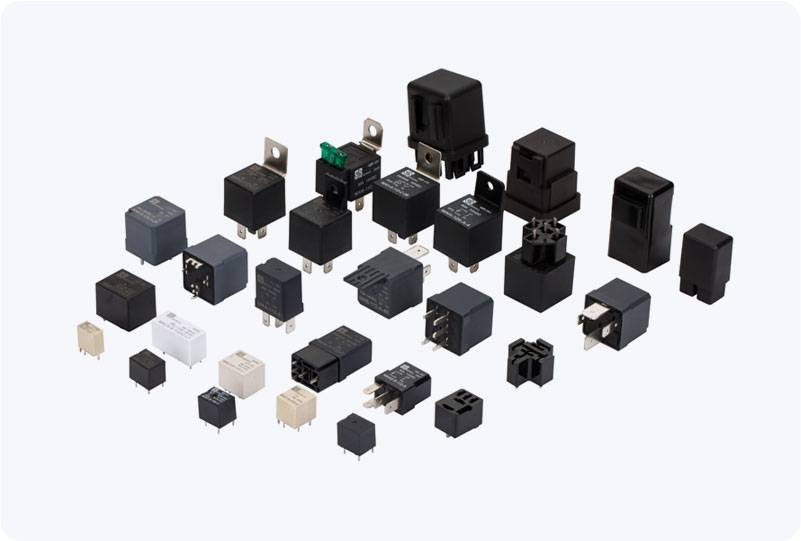The increasing complexity and sophistication of automotive systems have made functional safety a critical aspect of vehicle design. To ensure safety and reliability, especially in mission-critical systems such as brake control, airbag deployment, and autonomous driving, automotive components must meet rigorous standards. One such standard is IEC 61508, a key international guideline for the safety of electrical, electronic, and programmable electronic systems. Automotive relays, crucial components in many vehicle systems, must comply with this standard to ensure the safe operation of modern vehicles.

What is IEC 61508? IEC 61508, or the International Electrotechnical Commission’s standard for Functional Safety, outlines the requirements for systems that could pose risks to human life or the environment if they fail. The standard provides a framework for the design, implementation, operation, and maintenance of safety-related systems. It defines four Safety Integrity Levels (SIL) — ranging from SIL 1 (low risk) to SIL 4 (high risk) — depending on the system’s potential to cause harm if a failure occurs. Achieving IEC 61508 compliance means that the component, such as an automotive relay, can operate safely within the context of the overall vehicle system, minimizing risks associated with failures.